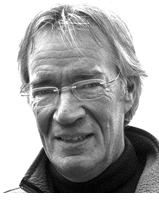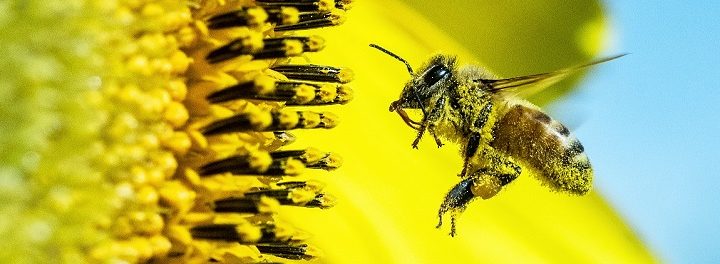It is with great sadness that we share the news that on March 25 Leon Braat, the founding Editor-in-Chief of ‘Ecosystem Services’, passed away after a short but unstoppable illness. ‘We’ in this case are his fellow-editors and involved staff at Elsevier. Many were not only colleagues but also close friends with Leon for many years.
Leon was one of the few economists who recognized early that if we are to save the incredible diversity of life on this planet, we need fundamental changes in our economic system. Sentiments and ethics alone are, clearly and unfortunately, not enough to stop the ongoing destruction of ecosystems and loss of biodiversity. [Read more…] about In memoriam Leon Braat 25 March 2021




